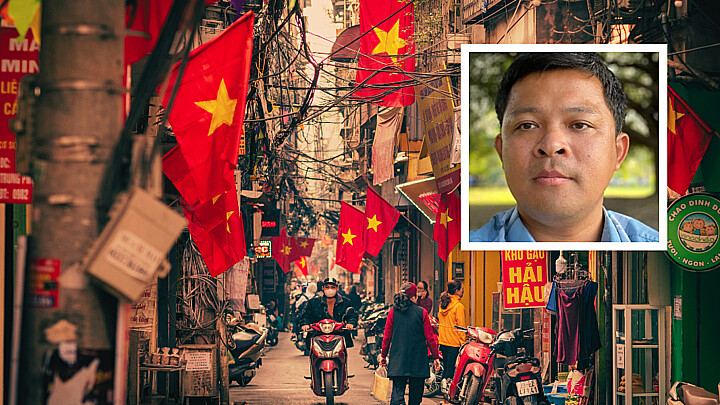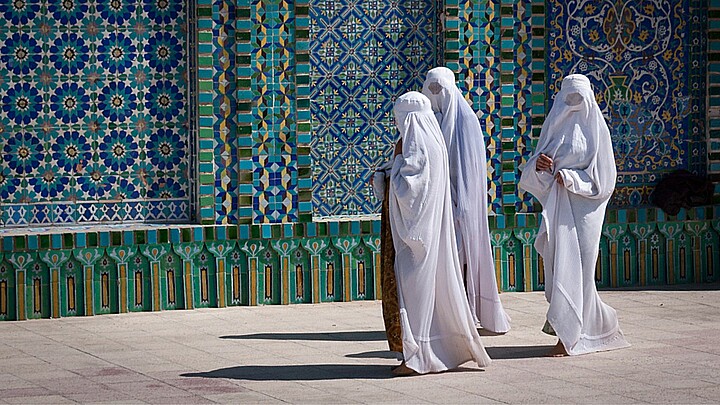Human Rights
Sri Lanka's ex-president returns after being driven out of his palace
The government granted him an official residence and security detail.
September 5, 2022 5:35pm
Updated: September 6, 2022 5:35am
The former president of Sri Lanka returned to the country almost two months after he fled protesters who stormed the presidential palace, renewing concerns about his administration’s corruption and mismanagement of the economy.
President Gotabaya Rajapaksa was greeted at the airport on Saturday by a cadre of allied government ministers, a massive motorcade and giant billboards announcing “I’m back,” reports VICE News.
Rajapaksa’s return, along with news that he has been granted an official residence and security detail in the capital, has angered those who helped drive him out.
Long dominating Sri Lankan politics, the Rajapaksa family mismanaged the economy through pet projects like expanding the military in peacetime and signing up for major Chinese-funded infrastructure projects it could not afford.
According to a United Nations survey, 70% of Sri Lankan households have been cutting back on food consumption: food price inflation is running at around 57%. In addition, the country of 22 million people is out of fuel, and new deliveries are irregular.
On July 13, a rowdy mob of thousands poured into the president’s official residence after months of mounting economic hardship, made worse by the COVID-19 pandemic and how food prices rose after Russia invaded Ukraine.
Rajapaksa, who was set to step down later that day, was seen fleeing by boat and later flew out of the country with his wife. The couple has been spending time in the Maldives, Singapore and Thailand on temporary visitor visas, according to VICE.
The economic meltdown that fueled the coup has continued to persist since his departure, leading to mass food insecurity. About a quarter of Sri Lanka’s 22 million residents do not have access to adequate food, according to the World Food Program in August.
Ranil Wickremesinghe, then prime minister, rose to the presidency and immediately launched a crackdown on protesters, who he called “fascist,” under Sri Lanka’s terrorism laws. Critics have accused him of protecting the Rajapaksas and “upper-class interests.”








